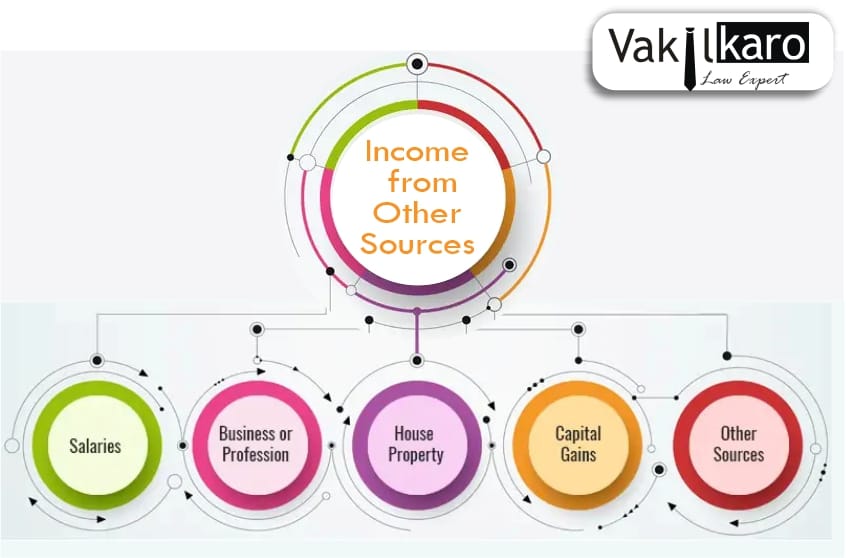Copyright vs. Trademark: Exploring Differences and Similarities in Intellectual Property
What is Copyright?
- Copyright is a form of intellectual property protection granted to the creators of original works of authorship.
- It gives the creators exclusive rights to control and manage the use and distribution of their creative works.
- Copyright protects various works, including literary, music, art, films, software, and architectural designs.
- The rights provided by Copyright include the exclusive right to reproduce, distribute, display, perform, and create derivative works based on the original work.
- Copyright protection arises automatically upon the creation of the work and does not require registration, although registration offers additional legal benefits.
- The duration of copyright protection varies depending on the country and the type of work.
- Copyright enables creators to protect their creations, incentivizes further creativity, and provides a legal framework for licensing and monetizing their works while preventing unauthorized use and copying by others.
What is trademark?
- A trademark is a distinctive symbol, word, phrase, design, or combination that identifies and distinguishes the source of goods or services in the marketplace.
- It is a valuable tool for businesses to establish brand identity and build customer recognition and loyalty.
- Trademarks allow consumers to associate certain qualities or attributes with a particular company or product.
- They play a crucial role in differentiating one business from another and preventing consumer confusion.
- Trademark protection grants the owner exclusive rights to use the mark for specific goods or services. It enables them to prevent others from using similar marks that may confuse them.
- Trademarks can include logos, brand names, slogans, or specific packaging elements.
- Registering a trademark with the relevant government authority provides additional legal protections and advantages.
- Trademarks contribute to a business's overall reputation and goodwill and are valuable assets that can be licensed, sold, or enforced legally.
What are the difference and similarities between Copyright and Trademark?
Trademarks and copyrights are two distinct forms of intellectual property protection, each serving a unique purpose. While they have differences, they also share some similarities. This response will explore the differences and similarities between trademarks and copyrights.
Differences:
- Subject Matter: Trademarks primarily protect names, logos, slogans, and other distinguishing marks that identify and distinguish goods or services in the marketplace. On the other hand, copyrights protect original works of authorship, such as literary, artistic, musical, or dramatic works. Trademarks focus on brand identity, while copyrights concentrate on expressing creative ideas.
- Protection Scope: Trademarks provide exclusive rights to use and prevent others from using similar marks in connection with similar goods or services. The goal is to avoid consumer confusion. Copyrights, on the other hand, provide exclusive rights to reproduce, distribute, display, perform, or modify the original work. The aim is to control how the work is used and ensure the creator's rights are respected.
- Registration Requirement: While trademark registration is not always mandatory, it offers significant benefits, such as nationwide or international recognition, legal presumption of ownership, and the ability to bring lawsuits. Copyright protection is automatic upon the creation of an original work. Registration is not required for copyright protection to exist, but it provides additional advantages, such as the ability to seek statutory damages in case of infringement.
- Duration: Trademark protection can last indefinitely as long as the mark continues to be used in commerce and the required maintenance filings are made. Copyright protection typically lasts the creator's lifetime and several years after death. The duration can vary depending on the country and the type of work.
Similarities:
- Intellectual Property Protection: Trademarks and copyrights are forms of intellectual property protection granting exclusive rights to the owner. They enable creators and businesses to safeguard their creative works and brand identity.
- Exclusivity: Both trademarks and copyrights provide exclusive rights to the owner. Trademark owners can prevent others from using similar marks that may confuse the marketplace. Copyright owners can reproduce, distribute, display, perform, or modify their original work.
- Ownership and Transferability: Both trademarks and copyrights can be owned by individuals, businesses, or organizations. They can also be transferred, licensed, or assigned to others through agreements or contracts.
- Enforcement: Trademarks and copyrights can be enforced legally if infringements occur. Owners can take legal action to protect their rights, seek damages, and prevent unauthorized use of their intellectual property.
- International Protection: Trademarks and copyrights can be protected internationally through various mechanisms, such as the Madrid System for trademarks and international copyright treaties like the Berne Convention. This allows creators and businesses to secure their rights in multiple countries.
While trademarks and copyrights differ in subject matter, protection scope, registration requirements, and duration, they share the common goal of protecting intellectual property rights. Understanding these differences and similarities is crucial for creators, businesses, and individuals seeking to safeguard their creative works and brand identity in the global marketplace.
Conclusion:
In conclusion, trademarks and copyrights serve distinct purposes in intellectual property protection. Trademarks focus on brand identity and preventing consumer confusion, while copyrights protect original works of authorship. While their legal frameworks and requirements may vary, both forms of protection offer exclusivity, ownership rights, and the ability to enforce those rights. By understanding the differences and similarities, creators and businesses can navigate the complexities of intellectual property and ensure the proper protection of their valuable assets.
Why choose Vakilkaro?
Advocates at Vakilkaro are experts in handling trademark registration. Vakilkaro is a perfect blend of the best professionals from across the globe. We have the best trademark registration lawyer team. We guarantee service at the lowest and most reasonable rates in India. Only the best Vakilkaro trademark attoney can help you in that case because only Vakilkaro has India's top lawyers related to a trademark and copyright.
Vakilkaro is a Best Legal Services Providers Company, which provides Civil, Criminal & Corporate Laws Services and Registration Services like Private Limited Company Registration, LLP Registration, Nidhi Company Registration, Microfinance Company Registration, Section 8 Company Registration, NBFC Registration, Trademark Registration, 80G & 12A Registration, Niti Aayog Registration, FSSAI Registration, and other related Legal Services.
Contact India's best Legal Firm, Vakilkaro, today. You can give us a call at +919828123489 or may write an Email also at help@vakilkaro.co.in. We are here to serve you 24/7.
"Happy Customer serves the company success"- we aim to achieve this through our legal services."
Why should you trust Vakilkaro?
- 100% guaranteed satisfaction
- Largest Network across India
- Easy to Hire
- Provides legal service in easy language.

 +91 9828123489
+91 9828123489 +91 9828123489
+91 9828123489 help@vakilkaro.co.in
help@vakilkaro.co.in.png)








.png)




.png)
.png)
.png)
.png)

 +91 9828123489
+91 9828123489 help@vakilkaro.co.in
help@vakilkaro.co.in